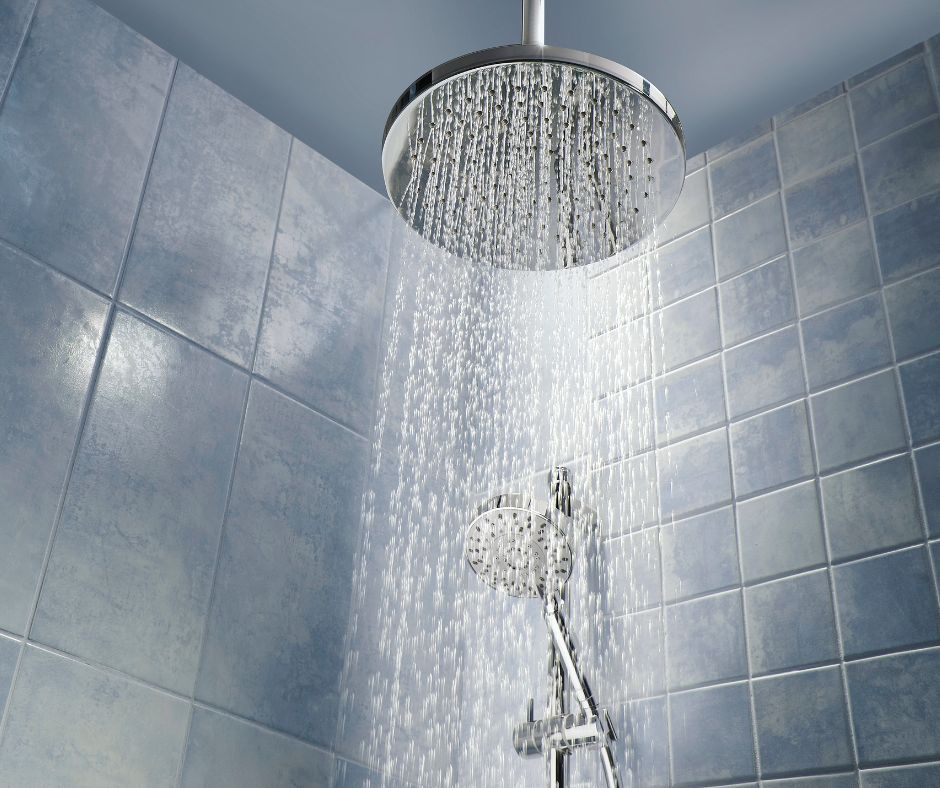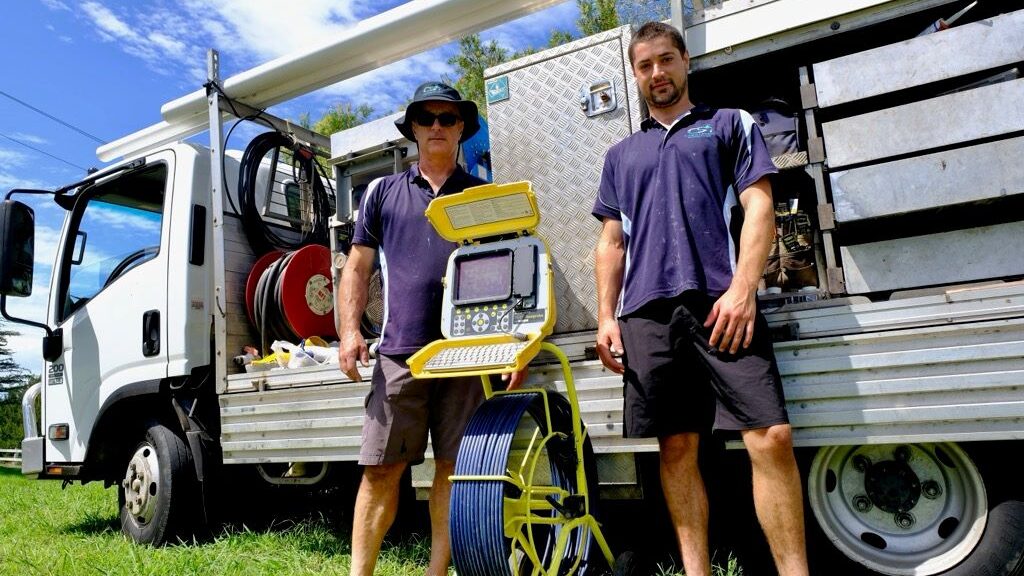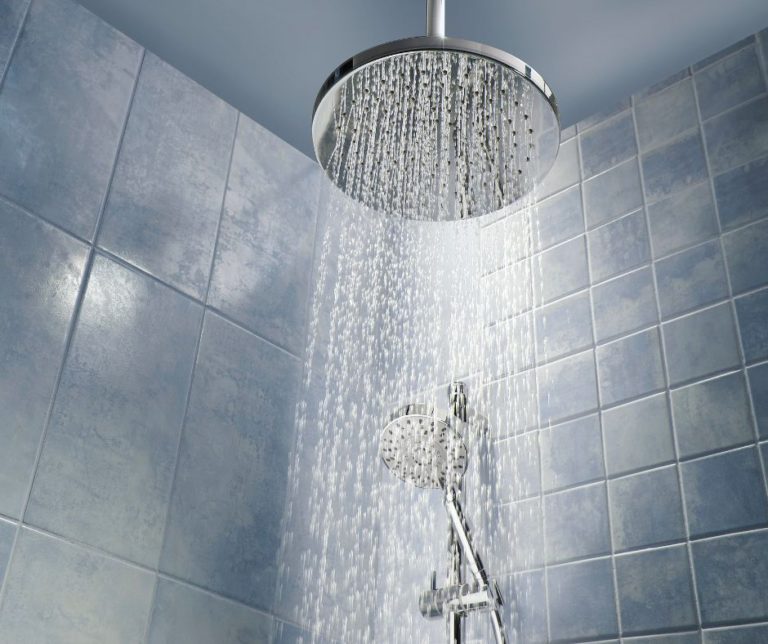Maximise Your Home’s Efficiency with High-Performance Hot Water Storage Tank Systems
Storage hot water systems are highly regarded as a reliable and energy-efficient solution for numerous households in Wollongong. These systems are particularly advantageous for larger families or properties equipped with established electric or gas infrastructures.
While cutting-edge technologies such as heat pumps and continuous flow units offer enhanced efficiency, well-sized and meticulously maintained storage tanks can provide exceptional performance, especially when combined with off-peak electricity or natural gas. Choosing the ideal system for your home depends on various elements, including your current energy configuration, the installation space available, and your daily hot water consumption habits.
Ultimately, this choice will reflect your household dynamics, specific hot water needs, and the layout of your energy framework.

Understanding the Efficient Operation of Storage Tank Hot Water Systems
A storage hot water system functions by heating water within a robust cylindrical tank, keeping it at a predetermined temperature for immediate use. When you activate the tap, hot water flows directly from the tank to satisfy your requirements. As water is drawn from the tank, the system replenishes it and reheats the water to ensure a constant supply is always available. This effective mechanism guarantees that you will never have to be concerned about depleting your hot water supply during your daily routines, offering both convenience and peace of mind.
The variety of tanks on the market is impressive, featuring compact 50-litre models that seamlessly fit into smaller areas to expansive units that exceed 400 litres, which are perfect for larger families or commercial environments. This broad range empowers homeowners to select a system that perfectly matches their unique hot water demands, ensuring optimal performance and efficiency tailored to individual requirements.
Discover the Benefits of Investing in Storage Tank Systems for Your Home
- Simplified Design for Maximum User Convenience. These systems boast a straightforward design without complex sensors or intricate electronic components that are prone to malfunction.
- Reliable Performance for Uninterrupted Hot Water Supply. They excel in residences with a consistent demand for hot water, ensuring your family’s needs are consistently met without fail.
- Versatile Installation Options for Any Home Setup. Storage tanks can be conveniently situated in various locations—indoors or outdoors—and can be installed either vertically or horizontally based on your spatial limitations.
- Low Maintenance Requirements for Stress-Free Ownership. Most replacement components are affordable and readily available, making the upkeep of these systems manageable and cost-effective.
In many households across Wollongong, especially those with older plumbing configurations or larger families, storage tanks continue to be a trusted and economically viable solution for efficiently meeting hot water demands.
Key Considerations for Choosing Between Gas and Electric Storage Tanks
Electric Storage Systems
These systems are typically user-friendly and easy to install, making them an excellent choice for homes with a stable electricity supply. They often operate on off-peak tariffs, leading to substantial savings on energy costs. Electric systems are particularly advantageous for smaller households or properties without access to gas connections.
Gas Storage Systems
Gas systems provide rapid water reheating capabilities, making them an efficient option for households with high hot water demand. If your residence is already equipped with natural gas, opting for a gas storage tank can be a wise long-term investment, ensuring that your hot water needs are met promptly and efficiently.
Confused about which option is best for your situation?
Our dedicated pages on electric and gas hot water systems provide comprehensive insights into both alternatives, empowering you to make an informed decision.
Identifying Common Issues with Older Storage Tank Systems
- Running Out of Hot Water before all family members have had their showers can lead to significant frustration and inconvenience.
- Increased Energy Bills due to inadequate insulation or operational inefficiencies within the system can heavily impact your budget over time.
- Leaks or Rust around the base of the tank may signal a potential system failure and warrant immediate attention.
- Slow Recovery Time between uses can cause annoying delays in accessing hot water when you need it most.
- Unusual Noises, such as popping or hissing during the heating cycle, can indicate underlying issues with the system that require expert evaluation.
If you notice any of these problems, it may be wise to consider a replacement or, at the very least, schedule a professional inspection to ensure your hot water system is functioning correctly.
When to Consider Upgrading or Transitioning to a New Hot Water System
<pIf your current storage tank shows any of the following signs:
- Exceeds 10 years of age, indicating it may be nearing the end of its effective lifespan.
- Displays clear signs of wear or operational inefficiency, which could affect its performance.
- Fails to meet your household’s hot water requirements, leading to interruptions in your daily routines.
In such cases, it is advisable to contemplate an upgrade.
This could involve investing in a new storage tank with superior insulation properties or exploring alternatives such as an instantaneous or heat pump system, which can provide enhanced efficiency and performance for your home.
We are here to help you make the best decision based on your household’s energy access, space considerations, and overall water usage patterns.
Essential Factors to Consider When Choosing Your Hot Water System
Storage tank systems continue to be relevant, especially for larger homes or situations lacking the necessary infrastructure for more modern technologies. When appropriately sized and well-maintained, they present a straightforward, cost-effective, and efficient solution for fulfilling hot water requirements.
However, they are not universally applicable. As the market expands with a diverse range of more efficient and adaptable options, consulting with a licensed plumber is essential. A professional can evaluate your unique requirements and recommend the most suitable hot water solution tailored specifically to your household’s needs.
Are you looking for guidance in selecting or replacing your hot water system? Contact our expert team today for personalised advice and solutions to meet your specific needs.

Frequently Asked Questions Regarding Gas and Electric Hot Water Systems
Which Hot Water System Is More Economical: Gas or Electric?
Generally, gas hot water systems are recognised for their lower operational costs, particularly if your home is already connected to natural gas. Nevertheless, electric systems that utilise off-peak tariffs or can be integrated with solar power may also provide competitive running costs. Your ultimate choice will depend on your specific usage habits and the local energy rates in your area.
Which System Heats Water More Quickly: Gas or Electric?
Gas systems are generally quicker at heating water than electric systems, making them especially beneficial for larger families or homes equipped with high-demand appliances. Although electric systems may exhibit slower recovery times, advancements in technology are continually improving their efficiency and performance.
Are Gas Hot Water Systems Better Suited for Larger Families?
Yes, gas storage or instantaneous systems are often more suitable for larger households where multiple individuals may require hot water at the same time. Their rapid reheating capabilities allow them to meet high usage demands effectively without quickly exhausting the hot water supply.
Can You Install a Gas Hot Water System Without Access to Natural Gas?
Yes, it is possible to install a gas system, but you will need to use LPG (bottled gas) instead of mains natural gas. This situation is common in rural or semi-urban regions of the Illawarra. Be aware that the costs associated with LPG can be higher, and you will need to effectively manage delivery logistics.
Are Electric Hot Water Systems Still a Viable Option?
Absolutely! Electric systems are user-friendly, budget-friendly, and widely available. They are especially suitable for smaller homes, apartments, or properties lacking gas infrastructure. When paired with solar PV systems or used during off-peak rates, they can achieve remarkable efficiency levels.
Which System Typically Has a Longer Lifespan: Gas or Electric?
Both types of systems typically have comparable lifespans, generally ranging from 8 to 15 years. Factors such as brand, usage habits, and water quality can affect this lifespan. Regular maintenance is crucial; components like anodes, valves, and thermostats should be periodically inspected to maximise the system’s longevity.
Which Option Is More Environmentally Friendly?
Electric systems powered by solar energy or heat pumps typically have the lowest carbon footprint. While gas systems are cleaner than electricity generated from coal, they still emit carbon dioxide. If sustainability is a priority for you, consider opting for modern electric systems or those supported by solar energy.
Are Storage Tank Hot Water Systems Still a Good Choice in Wollongong?
The Article: Storage Tank Hot Water Systems: A Smart Choice for Wollongong first appeared on https://writebuff.com
The Article Hot Water Systems: Why Wollongong Should Choose Storage Tanks Was Found On https://limitsofstrategy.com
References:
Hot Water Systems: Why Wollongong Should Choose Storage Tanks




